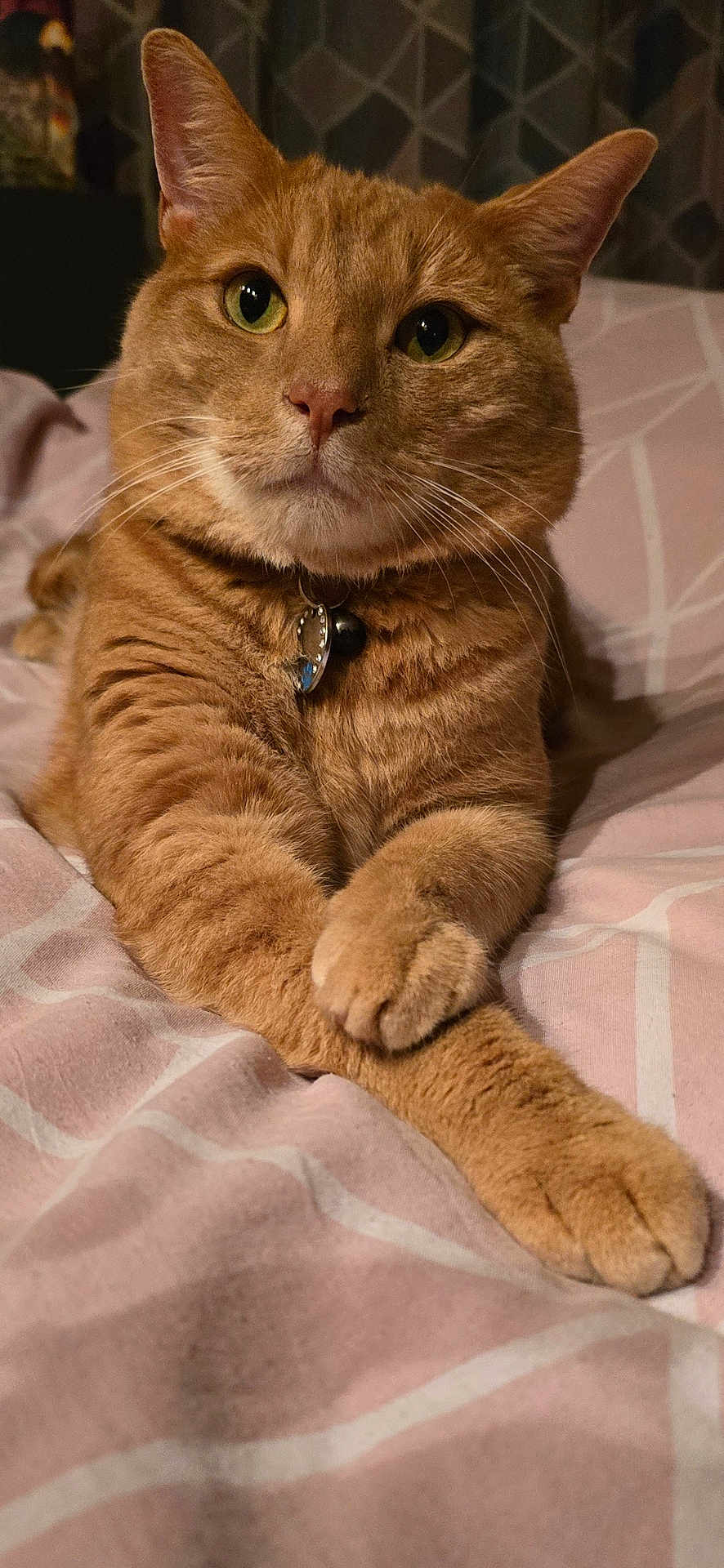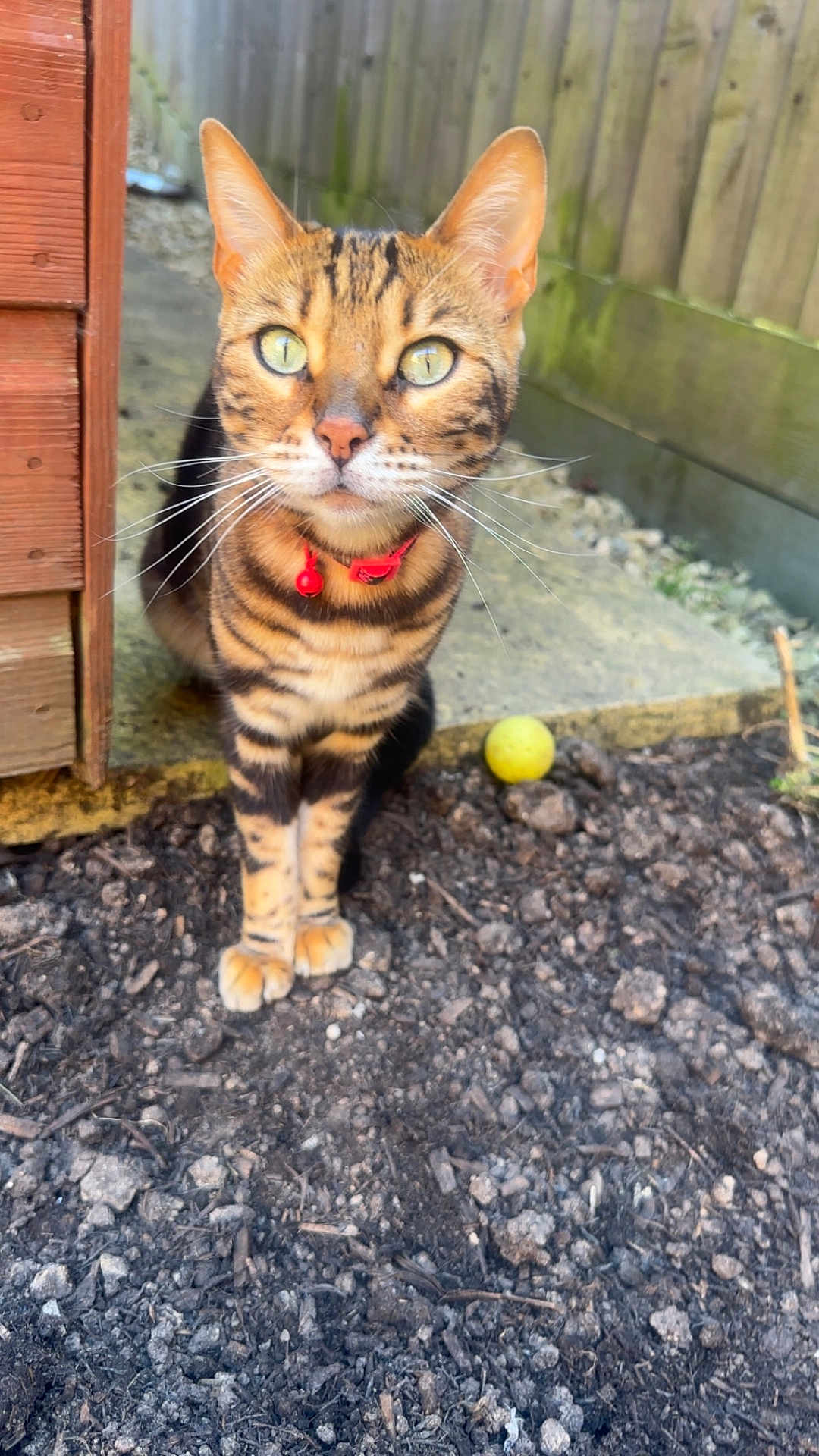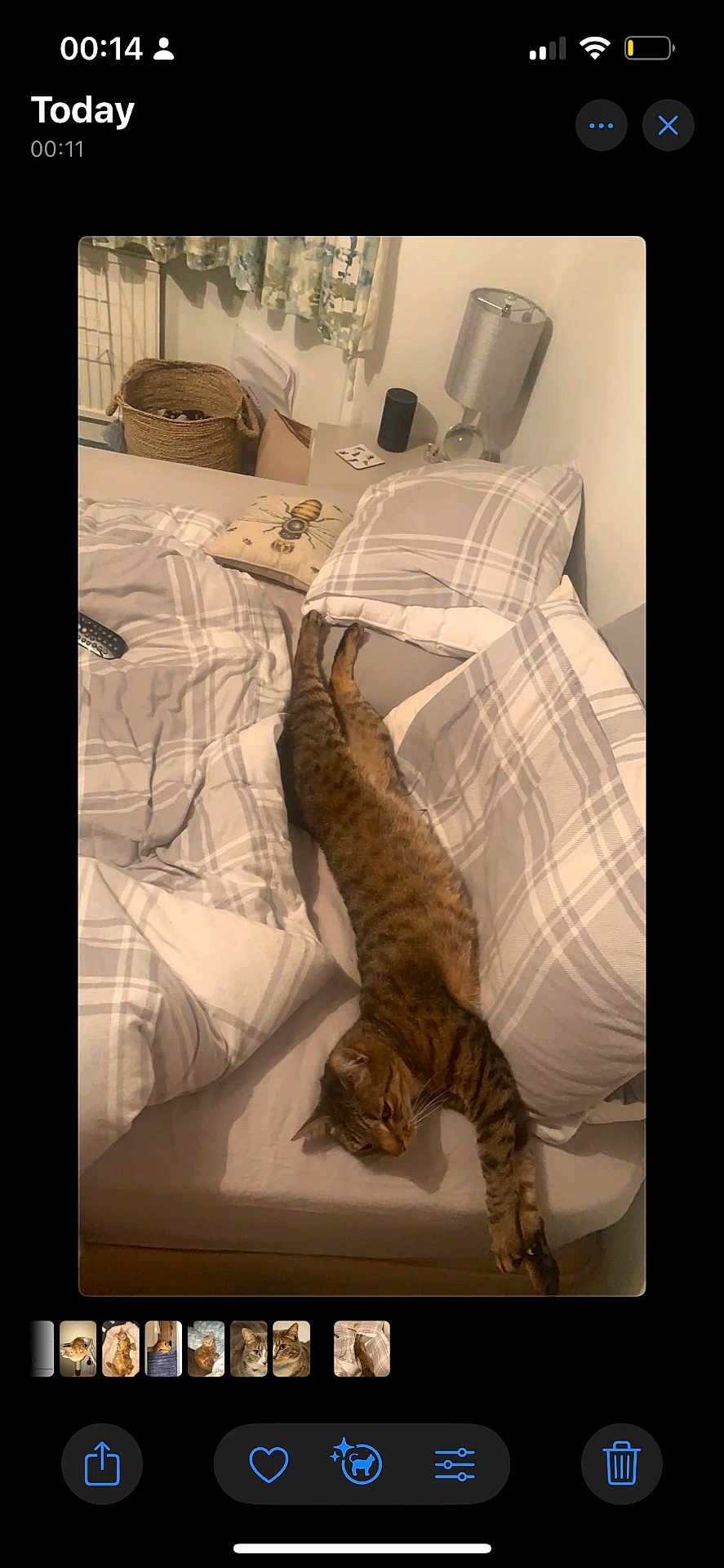
"The Bengal cat, with its wild-looking spotted or marbled coat, brings the allure of the jungle right into your living room."
Personality and Behavior of the Bengal
When it comes to personality, Bengal cats are as striking in character as they are in appearance. Known for their playful and energetic nature, Bengals often exhibit a level of curiosity and intelligence that some would compare to that of canines. They enjoy interactive play and can be trained to perform simple tricks, making them a delight for active families or individuals who enjoy engaging with their pets.
Bengal cats are highly social and crave interaction with their human companions. Unlike some more aloof cat breeds, Bengals often form strong bonds with their owners and can become quite affectionate. While they may not always be the type to nestle in your lap for long periods, they do appreciate cuddles and can be quite demonstrative in their own way.
Their playful demeanor is complemented by a keen hunting instinct. Bengal cats love to climb and explore their environment, so a home that offers plenty of vertical spaces, like cat trees and window perches, is ideal for keeping them entertained. Additionally, these cats often retain a love for water—a quirky trait that can surprise many cat owners.
Bengals are also known for their vocal nature. They communicate through a wide range of vocalizations, from chirps and meows to trills and growls. This vocal expressiveness adds to their charm and makes them quite unique among other breeds.
"Bengal cats, with their striking appearance and lively personalities, often draw comparisons to wildcats like leopards, but they bring a level of affection and companionship that fits perfectly in a domestic setting."
Meanings, History and Origins of the name Bengal
The Bengal cat breed has a fascinating origin story that reflects its wild heritage. The breed's name is derived from the scientific name of the Asian leopard cat, Prionailurus bengalensis, which was one of the breed's progenitors. The Bengal's spotted or marbled coat patterns are a clear nod to its exotic ancestry, offering a miniature representation of jungle feline majesty in a domesticated package.
The Bengal breed began to take shape in the 1960s when American breeder Jean Mill successfully crossed a domestic cat with an Asian leopard cat. This crossbreeding was initially part of a research project to study inherited immunity to feline leukemia, but it also set the foundation for what would become one of the most distinctive and popular cat breeds today.
Over the years, breeders worked tirelessly to produce cats that not only resembled their wild ancestors but also possessed the temperament of an affectionate domestic cat. The Bengal was officially recognized by The International Cat Association (TICA) in 1986, and since then, its popularity has only grown.
The name "Bengal" itself has come to symbolize more than just a breed; it represents the successful melding of the wild and the tame, the exotic and the familiar. Owning a Bengal is often seen as having a piece of the wild with the assuredness of domestic companionship.
Popularity of the Bengal
The Bengal cat's blend of exotic appearance and friendly disposition has made it a favorite among cat enthusiasts worldwide. Their popularity has been steadily climbing since the breed's recognition in the 1980s. In the United States, Bengals consistently rank among the top favorite cat breeds, celebrated for both their looks and their engaging personalities.
In English-speaking countries, the Bengal's allure extends beyond just the visual appeal. Owners often rave about the breed's intelligence and sociability, making them popular choices for families with children or other pets. Their ability to adapt to various living environments, from spacious homes to more compact urban apartments, adds to their widespread appeal.
The Bengal's popularity isn't confined to the Western world. In countries like Japan and across Europe, the Bengal is also coveted for its eye-catching coats and lively behavior. Cat shows around the world frequently feature Bengals prominently, highlighting their unique attributes and further boosting their international appeal.
Health and Care of the Bengal
Bengal cats are generally robust and healthy, but like all breeds, they are prone to specific health issues. One common concern is hypertrophic cardiomyopathy (HCM), a heart condition that can be detected through regular veterinary check-ups. It's essential for Bengal owners to be vigilant about their cat's heart health and seek out breeders who screen for these conditions.
When it comes to diet, Bengals thrive on high-protein meals, echoing their wildcat heritage. A diet rich in quality meats and low in grains is often recommended to support their active lifestyle and maintain their sleek, muscular build. Fresh water should always be available, and some Bengals may even appreciate a water fountain, given their peculiar love for playing with water.
Routine care for a Bengal involves regular grooming to keep their coat in good condition, despite being relatively low-shedding compared to other breeds. They also need mental and physical stimulation to prevent boredom, which can manifest in destructive behaviors. Investing in interactive toys, puzzle feeders, and engaging playtime can go a long way in maintaining a happy and healthy Bengal.
Regular veterinary visits and staying up-to-date with vaccinations and preventative treatments for common feline parasites form the bedrock of responsible pet ownership. This proactive approach ensures your Bengal remains vibrant and full of life.
Training and Education of the Bengal
Bengal cats are highly intelligent and trainable, making them a rewarding breed for owners who invest time in their education. Positive reinforcement techniques, such as clicker training, can be particularly effective. Bengals can learn commands, tricks, and even how to walk on a leash, providing a unique way to bond with your cat.
However, this intelligence also means they can get bored easily. A lack of mental stimulation can lead to unwanted behaviors, so it’s crucial to provide a variety of toys and activities. Puzzle toys, interactive play sessions, and even learning sessions can keep a Bengal mentally engaged.
Training should start early, with socialization being a key component. Introducing your Bengal to various environments, people, and other pets can help prevent shyness and aggression. This socializing phase is essential in molding a well-rounded cat that adapts easily to new situations.
"Bengals are not just visually striking but also incredibly smart, making training sessions both a challenge and a joy."
In helping Bengal owners navigate their cat's unique needs, it’s important to highlight that patience and consistency are vital. Behavioral challenges can often be mitigated with the right approach, transforming potential issues into opportunities for deeper connection and understanding.
Conclusion
Selecting the right cat breed is a delightful journey filled with discovery and anticipation. The Bengal cat stands out with its exotic appearance and energetic, affectionate nature. At KingPet, we've seen many Bengal cats participate in our contests, each one showcasing the unique beauty and personality of this remarkable breed.
For those seeking an active, engaging, and visually stunning companion, the Bengal is an excellent choice. Their unique blend of wild elegance and friendly demeanor makes them a cherished addition to any home, offering both aesthetic pleasure and a deeply rewarding companionship. Choosing a Bengal cat means embracing a piece of the wild, paired with the comfort of a loving pet.













































































































